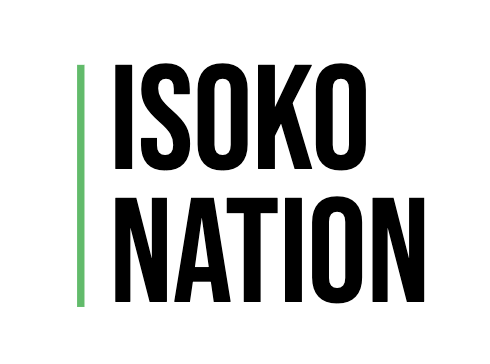The Isoko people, a significant ethnic group within Delta State, Nigeria, are known for their rich history and distinct cultural heritage. Historically, the Isoko region consists of over 20 clans, with a population of around 700,000, primarily residing in Isoko North and South local government areas. The Isoko people share cultural and linguistic ties with the Urhobo but maintain a distinct identity in their language and customs. Their territory, which is in the western Niger Delta, includes diverse clans such as Aviara, Ozoro, and Uzere, each with its own unique dialects and traditions.
According to oral histories, some Isoko clans migrated from Benin City, while others claim separate origins, suggesting a blend of migration narratives. For example, certain clans like Iyede and Emede trace back to Bini (Benin) ancestry, while others like Igbide claim distinct origins. The migration from Benin likely occurred during the expansion of the Benin Empire, with Isoko ancestors reportedly moving eastward, settling along the Niger River, and finally inhabiting their current land.
Governance in Isoko communities traditionally centers around the “Ovie,” a title for clan leaders derived from the Benin term “Ogie.” This system mirrors Benin’s, reflecting historical political influences. Isoko society values communal living and family, organizing their communities around extended family structures known as the “oviri.” Culturally, they are known for festivals, music, and dances that celebrate ancestral heritage and honor local deities.
The Isoko environment, with fertile land for agriculture and abundant natural resources, has long supported their economy, traditionally based on fishing, farming, and palm oil production. Today, however, petroleum exploration plays a central role in the region’s economy, albeit with social and environmental challenges for the local communities.
